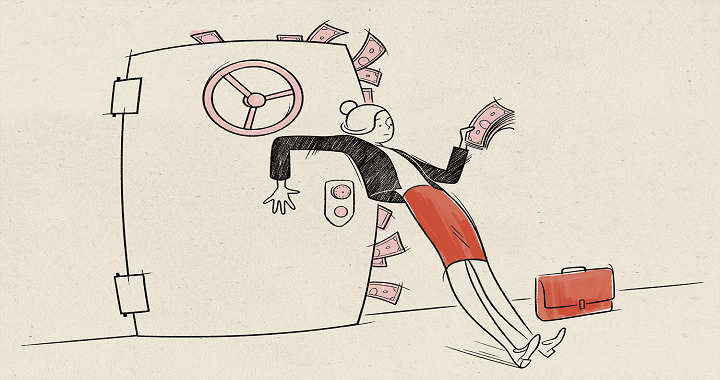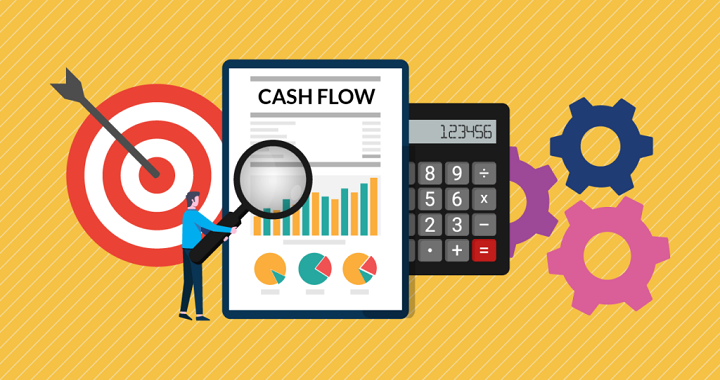Living on a Tight Budget: Tips for Saving Money Every Day

Living on a tight budget can be challenging, but with the right strategies, you can save money every day and still meet your financial goals. Whether you’re looking to cut back on expenses, save for a big purchase, or simply make your money last longer, these practical tips will help you manage your finances effectively.
1. Track Your Spending:
The first step to saving money is knowing where your money goes. Keep a detailed record of your daily expenses, including small purchases like coffee or snacks. Use a budgeting app or a simple notebook to track your spending. This awareness will help you identify areas where you can cut back.
2. Create a Realistic Budget:
Develop a budget that outlines your income and expenses. Prioritize essential expenses such as rent, utilities, groceries, and transportation. Allocate funds for savings and discretionary spending. Make sure your budget is realistic and allows for occasional treats to avoid feeling deprived.
3. Cut Unnecessary Subscriptions:
Review your monthly subscriptions and cancel any that you don’t use regularly. This includes streaming services, gym memberships, and magazine subscriptions. Opt for free or lower-cost alternatives to save money.
4. Cook at Home:
Eating out can quickly drain your budget. Plan your meals, make a shopping list, and cook at home as much as possible. Preparing your own meals is not only cheaper but also healthier. Consider batch cooking and freezing meals to save time and money.
5. Use Coupons and Discounts:
Take advantage of coupons, discounts, and sales when shopping. Use apps and websites that offer digital coupons and cashback on purchases. Look for store-brand products, which are often cheaper than name-brand items but of similar quality.
6. Reduce Utility Bills:
Lower your utility bills by being mindful of energy consumption. Turn off lights and appliances when not in use, take shorter showers, and set your thermostat to an energy-saving temperature. Consider using energy-efficient bulbs and appliances to save money in the long run.
7. Use Public Transportation:
Save on transportation costs by using public transportation, carpooling, or biking. If you must drive, plan your trips to minimize fuel consumption and consider maintaining your vehicle to improve fuel efficiency. Reducing your reliance on a personal vehicle can lead to significant savings.
8. Limit Credit Card Use:
Avoid using credit cards for everyday purchases to prevent accumulating high-interest debt. Use cash or a debit card instead to stay within your budget. If you do use a credit card, pay off the balance in full each month to avoid interest charges.
9. Buy Second-Hand:
Consider buying second-hand items instead of new ones. Thrift stores, online marketplaces, and garage sales are great places to find quality used items at a fraction of the cost. This is especially useful for clothing, furniture, and electronics.
10. DIY When Possible:
Do-it-yourself projects can save you money on repairs, home improvements, and personal care. Learn basic skills like sewing, cooking, and home maintenance. There are plenty of online tutorials and resources to help you get started.
11. Plan Free Activities:
Entertainment doesn’t have to be expensive. Look for free or low-cost activities in your community, such as parks, museums, and local events. Enjoying nature, reading, or having a movie night at home are great ways to have fun without spending a lot of money.
12. Build an Emergency Fund:
Even on a tight budget, it’s important to set aside money for emergencies. Aim to save a small amount each month until you have at least three to six months’ worth of living expenses. Having an emergency fund will prevent you from relying on credit cards or loans in a financial crisis.
Conclusion:
Living on a tight budget requires discipline and creativity, but it is possible to save money every day with these practical tips. Track your spending, create a realistic budget, and cut unnecessary subscriptions. Cook at home, use coupons, and reduce utility bills. Opt for public transportation, limit credit card use, and buy second-hand when possible. Embrace DIY projects, plan free activities, and build an emergency fund. By implementing these strategies, you can manage your finances effectively and achieve your financial goals even on a limited budget.





